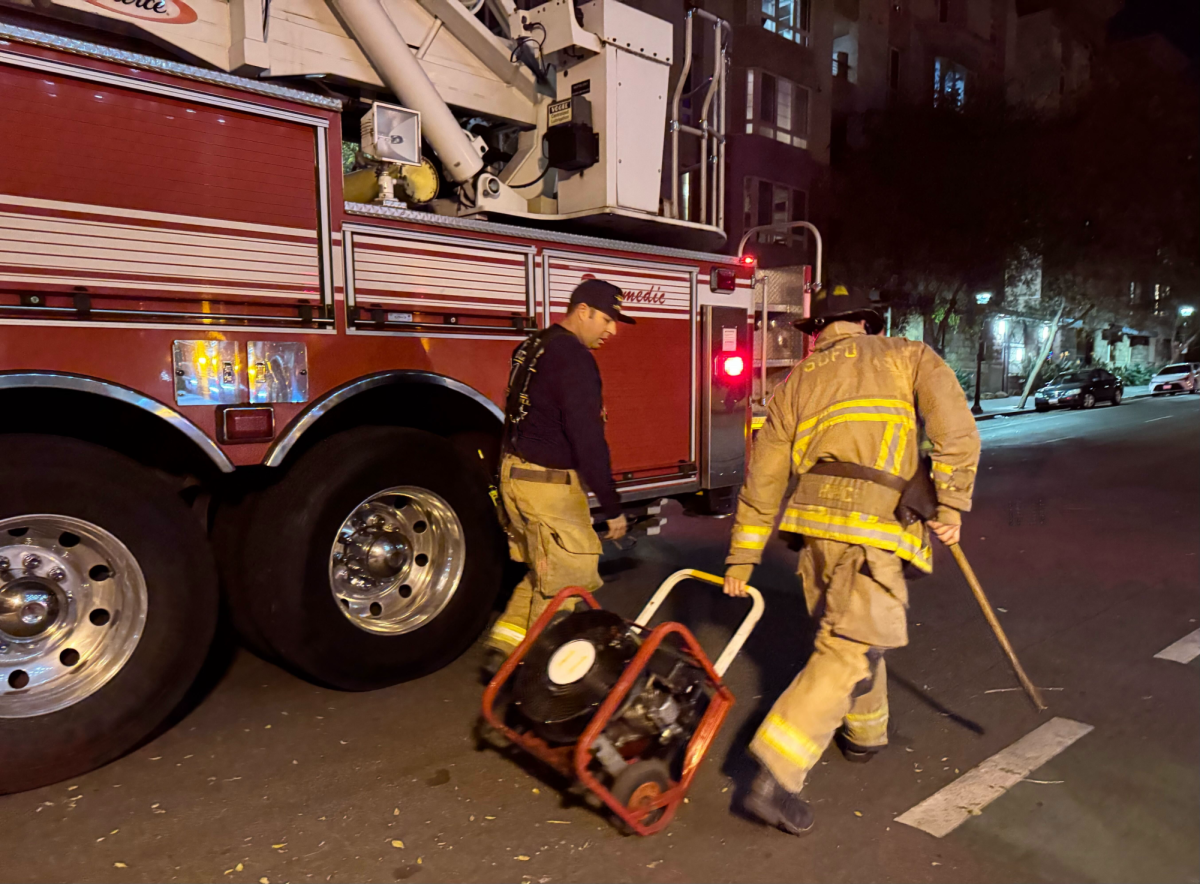$15 fees per unit could be on the horizon for California community college students.
Come February, voters will have the power to support or oppose Proposition 92, a new K-14 funding legislation that seeks to remedy the shortcomings of Prop. 98, the current legislation passed in 1988.
Prop. 92 will codify in the Calif. constitution three primary functions.
City College President Terrance Burgess supports the new legislation. “It’ll stabilize the split between K-12 and college funding . make it predictable,” said Burgess.
Funding is currently placed in a large pot, then disproportionately distributed to K-14 education levels. Community colleges usually receive between 10 and 11 percent of the funds with the rest going to K-12. About 40 percent from the Calif. general fund goes to K-14 funding each fiscal year.
K-12 enrollment determines the amount of funding and every student is guaranteed funding. Community colleges have an enrollment cap so every student over that cap is funded out of the schools’ pockets.
“We can’t turn students away so we incur costs without having money for it,” said Burgess.
Under Prop. 92, the pot will be divided into two parts. A designated amount will go to K-12 and a separate amount will be provided for community colleges. Funding for community colleges will be decided by calculating the young adult population growth rates, up to five percent.
Prop. 92 will also place a ceiling on student fee increases. According to the Calif. Legislative Analyst’s Office, fees have fluctuated between $11 and $26 per unit over the past decade.
This fee would lower to $15 under Prop. 92 and limit the Calif. Legislature’s ability to increase this fee. They would need a two-thirds vote from both houses to do so.
“(Fee increase) would be modest . it won’t go past the cost of living,” said Burgess.
Fiancing for education derives from the general fund, local property taxes and student fee revenues. Though schools would secure nearly $70 million less than with this lower fee, students’ financial lives would be easier.
Restructuring the governing bodies of community colleges is another key element of Prop. 92. According to Burgess, it’ll institute “local oversight that’s responsible to the community.”
The current system is comprised locally-elected boards of trustees who manage the colleges in their districts. A Board of Governors, or BOG, also exists and supervises the statewide chain of schools.
The community college system would also be formally acknowledged under Prop. 92, something not awarded by Prop. 98, and would join with the Calif. public school system. The BOG would have a higher level of autonomy and more control over the budget.
Opposition groups believe an increase in state funding of education would lead to less flexibility in the legislature. They worry that other programs, such as health or correctional, will fight over remaining funds and suffer because of it.
The largest opposition group is a coalition that included the Calif. League of Women’s Voters, the Calif. Teachers Association, and the Calif. Business Roundtable, among others. More information on this group can be found at www.noprop92.org.
In support of Prop. 92 are groups such as the Calif. Federation of Teachers and the Community College League of Calif. For information on groups in support of Prop. 92, visit www.prop92yes.com.
Prop. 92 will be discussed further as the election nears.
Categories:
City College President supports Prop 92
November 27, 2007
Donate to City Times
Your donation will support the student journalists of San Diego City College. Your contribution will allow us to purchase equipment, cover the cost of training and travel to conferences, and fund student scholarships. Credit card donations are not tax deductible. Instead, those donations must be made by check. Please contact adviser Nicole Vargas for more information at [email protected].







